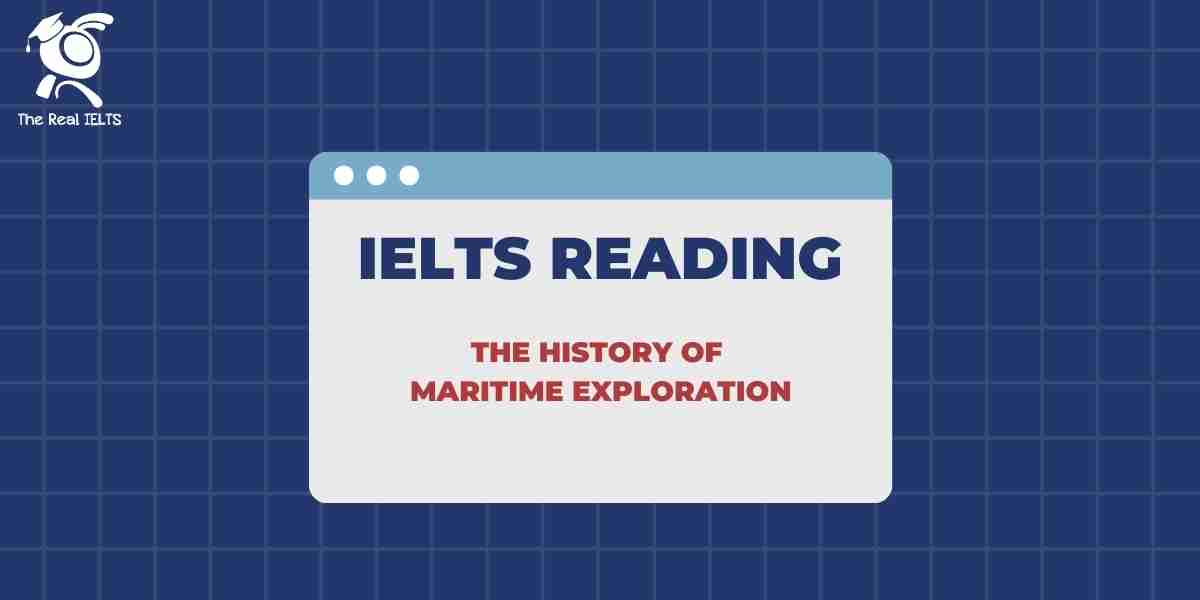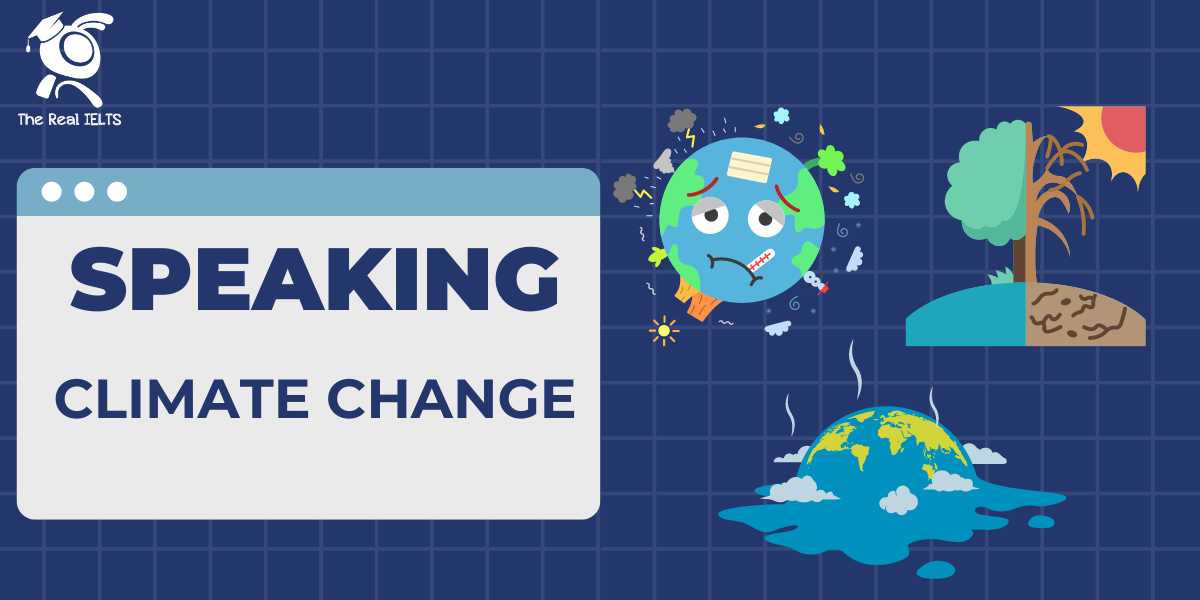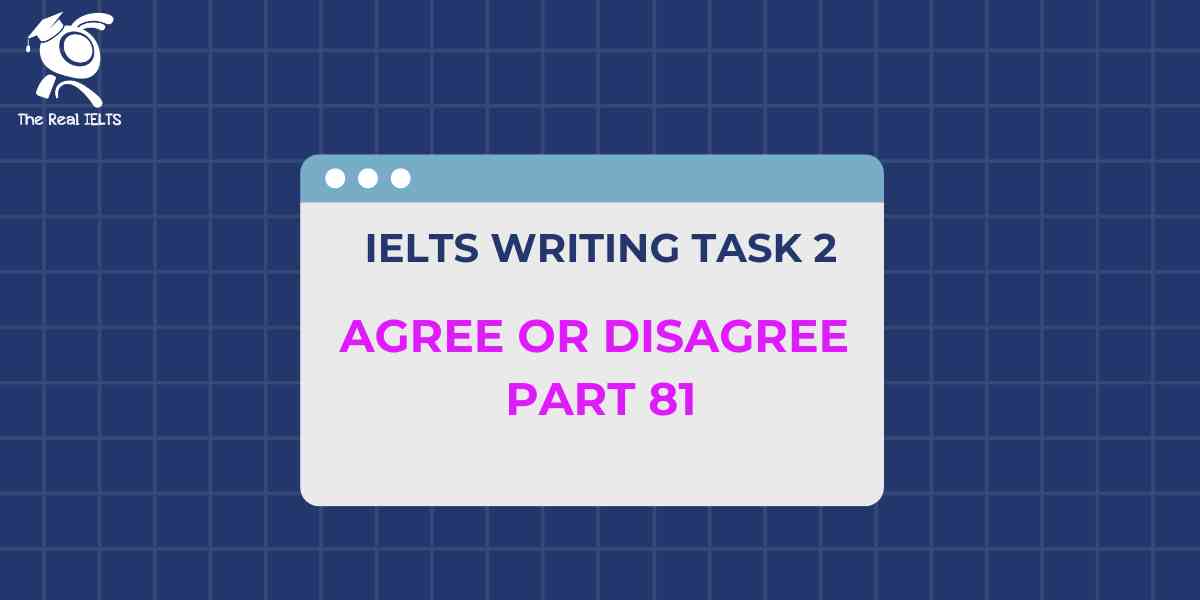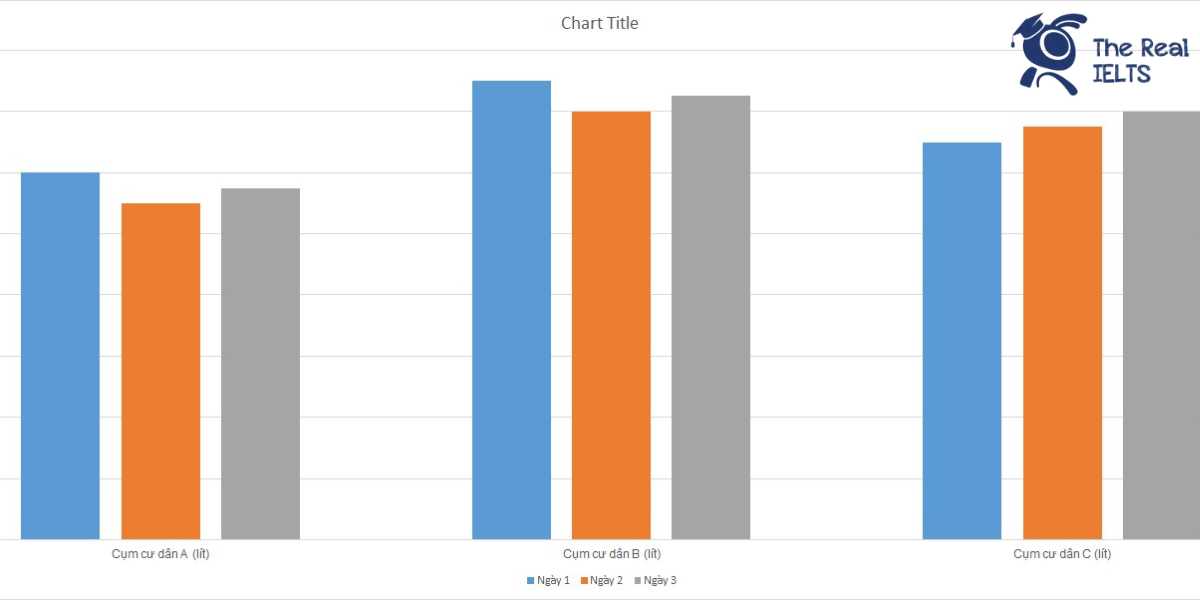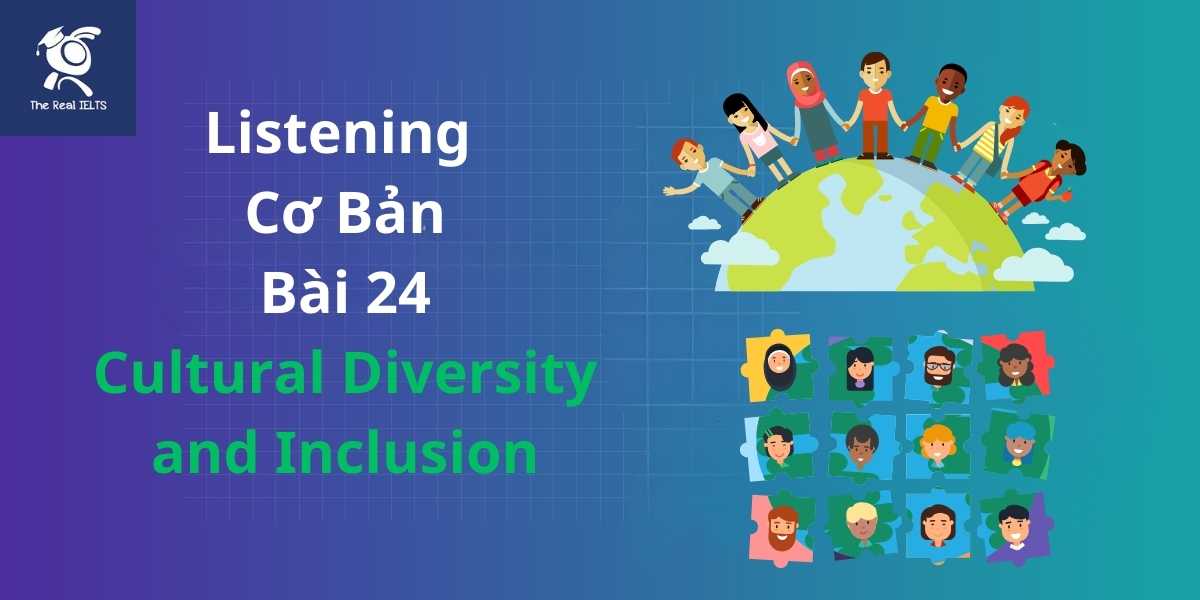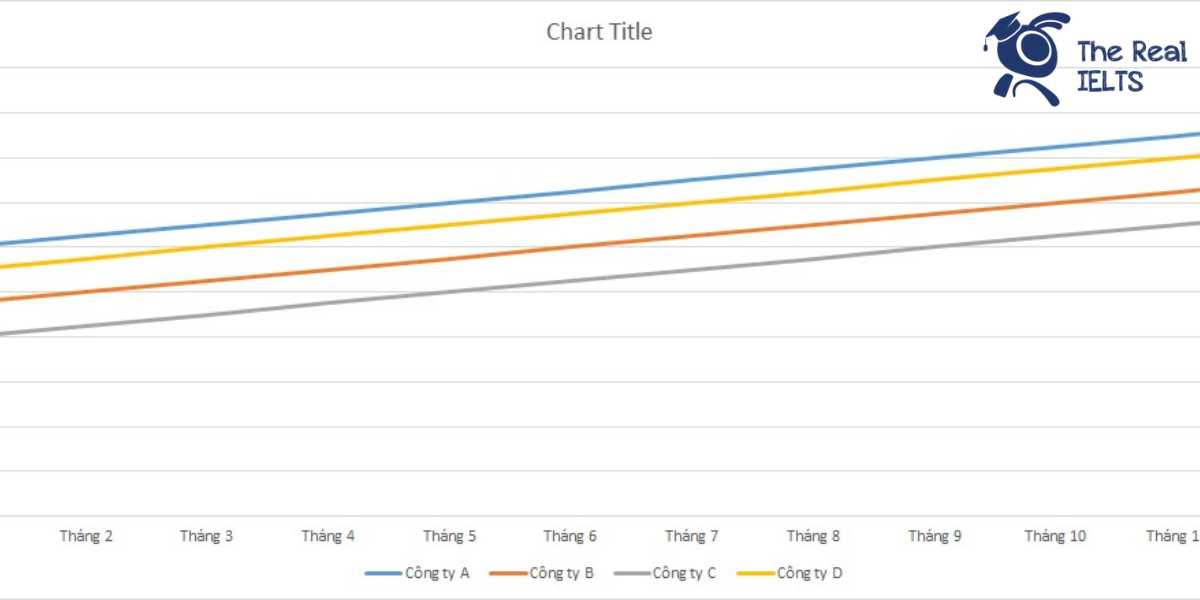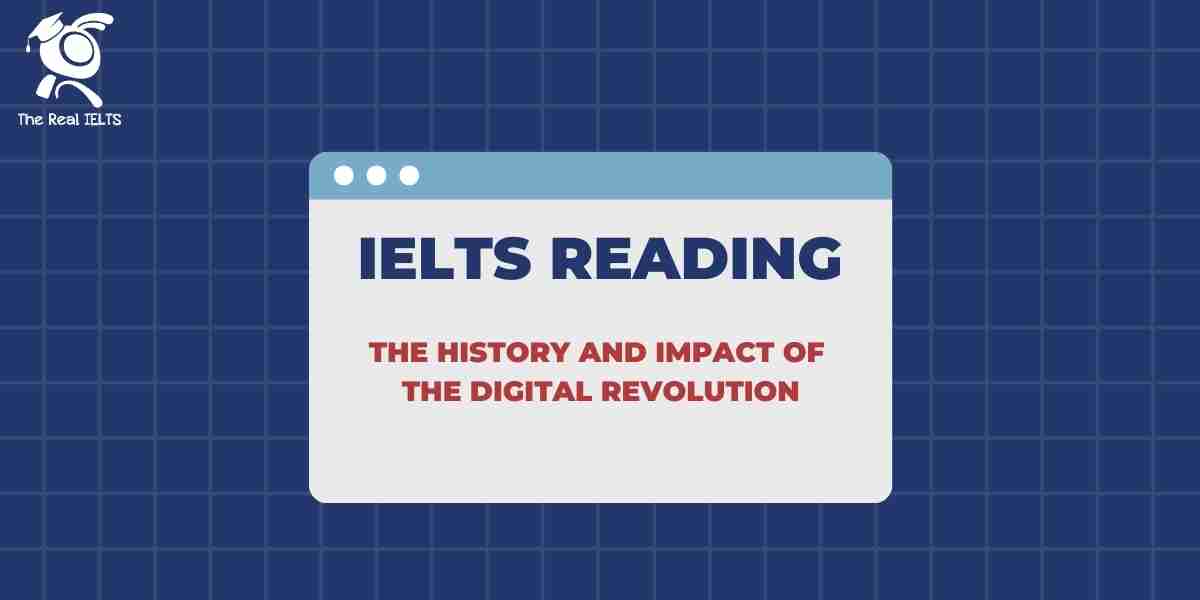Đề thi IELTS Reading có tiêu đề “The History of Maritime Exploration”
Nhớ đọc thêm các bài luyện thi IELTS nhé.
IELTS Reading:”The History of Maritime Exploration“
The History of Maritime Exploration
The history of maritime exploration is a tale of human curiosity, bravery, and the relentless pursuit of knowledge. From the earliest seafarers who navigated the oceans in rudimentary vessels to the great age of exploration that spanned the 15th to the 18th centuries, the story of maritime exploration is a testament to the spirit of adventure and the quest for new horizons.
The origins of maritime exploration can be traced back to ancient civilizations such as the Phoenicians, Egyptians, and Greeks. These early seafarers developed advanced shipbuilding techniques and navigational skills that allowed them to venture into the open sea. The Phoenicians, in particular, were known for their extensive trade networks that stretched across the Mediterranean and beyond. They were among the first to establish long-distance sea routes, connecting different cultures and facilitating the exchange of goods, ideas, and knowledge.
As maritime exploration evolved, so did the tools and technologies that made it possible. The invention of the compass, astrolabe, and other navigational instruments revolutionized sea travel, enabling sailors to determine their position and plot their course with greater accuracy. These advancements laid the groundwork for the great age of exploration, during which European powers sought to expand their empires and discover new trade routes.
One of the most significant events in the history of maritime exploration was the voyage of Christopher Columbus in 1492. Sponsored by Spain, Columbus set out to find a westward route to Asia but instead stumbled upon the Americas. This discovery opened up a new world for European explorers and marked the beginning of a new era in global exploration. The following decades saw a wave of expeditions, as explorers like Ferdinand Magellan, Vasco da Gama, and John Cabot sought to chart new territories and claim them for their respective nations.
The impact of maritime exploration on the world cannot be overstated. It led to the exchange of goods, cultures, and ideas on an unprecedented scale, paving the way for the modern global economy. However, it also had profound consequences for the indigenous peoples of the lands that were “discovered” by European explorers. The arrival of Europeans often brought with it disease, conflict, and colonization, leading to the displacement and destruction of entire civilizations.
In conclusion, the history of maritime exploration is a complex and multifaceted story that reflects the dual nature of human ambition. On the one hand, it represents the desire to explore, discover, and connect with the world beyond our own. On the other hand, it also serves as a reminder of the darker aspects of exploration, such as conquest, exploitation, and the often devastating impact on indigenous populations. As we look back on this history, it is important to acknowledge both the achievements and the costs of maritime exploration and to learn from the lessons it offers for future generations.
Đề bài thi IELTS Reading
Multiple Choice (Câu hỏi trắc nghiệm)
- What ancient civilization is known for establishing long-distance sea routes?
- A. Egyptians
- B. Greeks
- C. Phoenicians
- D. Romans
- Which navigational instrument was mentioned as having revolutionized sea travel?
- A. Sextant
- B. Astrolabe
- C. Chronometer
- D. Barometer
- Who sponsored Christopher Columbus’s voyage in 1492?
- A. Portugal
- B. England
- C. Spain
- D. France
- What was the initial goal of Christopher Columbus’s voyage?
- A. To find new lands for Spain
- B. To discover America
- C. To establish a trade route to Asia
- D. To explore the Atlantic Ocean
- Which explorer is known for circumnavigating the globe?
- A. Vasco da Gama
- B. Ferdinand Magellan
- C. John Cabot
- D. Christopher Columbus
- What impact did maritime exploration have on indigenous populations according to the passage?
- A. It brought wealth and prosperity
- B. It led to the displacement and destruction of civilizations
- C. It introduced new agricultural practices
- D. It established mutual trade relations
- What does the history of maritime exploration represent according to the passage?
- A. The benefits of colonization
- B. The human desire to connect with the world
- C. The development of modern navigation
- D. The rise of European empires
- What is described as the “dual nature of human ambition” in the passage?
- A. Exploration and conquest
- B. Trade and colonization
- C. Discovery and exploitation
- D. Adventure and conflict
- What did the Phoenicians primarily use their maritime routes for?
- A. Military conquests
- B. Trading goods and ideas
- C. Exploring new continents
- D. Establishing colonies
- What significant event did Christopher Columbus’s voyage lead to?
- A. The discovery of a new trade route to Asia
- B. The exploration of the Pacific Ocean
- C. The discovery of the Americas
- D. The establishment of the first European colony in Africa
True/False/Not Given (Đúng/Sai/Không có trong bài)
- The Egyptians were the first to establish long-distance sea routes.
- True
- False
- Not Given
- The invention of the compass was a key factor in the success of early Phoenician voyages.
- True
- False
- Not Given
- Christopher Columbus was looking for a new world when he set sail in 1492.
- True
- False
- Not Given
- The passage mentions that maritime exploration led to the development of modern global trade.
- True
- False
- Not Given
- The passage states that indigenous civilizations benefited from European exploration.
- True
- False
- Not Given
- The astrolabe was used to measure the depth of the ocean.
- True
- False
- Not Given
- The passage suggests that the desire to explore is an inherent human trait.
- True
- False
- Not Given
- Vasco da Gama is mentioned as the first European to reach the Americas.
- True
- False
- Not Given
- The passage indicates that maritime exploration was exclusively driven by European powers.
- True
- False
- Not Given
- The invention of the compass occurred during the great age of exploration.
- True
- False
- Not Given
Yes/No/Not Given (Có/Không/Không được đề cập)
- Does the author believe that maritime exploration had both positive and negative effects?
- Yes
- No
- Not Given
- Does the author argue that the Phoenicians were more advanced than other ancient civilizations?
- Yes
- No
- Not Given
- Does the passage suggest that maritime exploration led to cultural exchanges between Europe and Asia?
- Yes
- No
- Not Given
- Does the author claim that all European explorers were motivated by a desire to conquer new lands?
- Yes
- No
- Not Given
- Does the passage suggest that indigenous peoples were eager to trade with European explorers?
- Yes
- No
- Not Given
Matching Headings (Nối tiêu đề với đoạn văn)
- The origins of maritime exploration
- The technological advancements that enabled exploration
- The impact of Columbus’s discovery
- The consequences of exploration on indigenous populations
- The dual nature of exploration
Matching Features (Nối đặc điểm)
Match the explorers with their achievements:
- Christopher Columbus
- A. Discovered the Americas
- B. Circumnavigated the globe
- C. Established a trade route to India
- D. Conquered the Aztec Empire
- Ferdinand Magellan
- A. Discovered the Americas
- B. Circumnavigated the globe
- C. Established a trade route to India
- D. Explored the Arctic Circle
- Vasco da Gama
- A. Discovered the Americas
- B. Circumnavigated the globe
- C. Established a trade route to India
- D. Explored North America
Matching Sentence Endings (Nối phần kết câu)
- The Phoenicians were known for…
- A. …establishing trade routes across the Mediterranean.
- B. …conquering new lands in Africa.
- C. …inventing the compass.
- D. …building the largest naval fleet.
- The invention of navigational instruments…
- A. …allowed sailors to measure the depth of the ocean.
- B. …enabled explorers to navigate more accurately.
- C. …made ships more resistant to storms.
- D. …was first developed by the Greeks.
- The discovery of the Americas by Columbus…
- A. …was the beginning of European colonization.
- B. …led to the development of new agricultural practices.
- C. …resulted in the immediate collapse of indigenous civilizations.
- D. …established peaceful relations with native populations.
Sentence Completion (Hoàn thành câu)
- The passage states that the Phoenicians were pioneers in __________.
- (Answer: establishing long-distance sea routes)
- The invention of the __________ revolutionized sea travel.
- (Answer: compass)
- Christopher Columbus was initially searching for a westward route to __________.
- (Answer: Asia)
- The great age of exploration led to the __________ of many indigenous populations.
- (Answer: displacement and destruction)
Đáp án bài thi IELTS Reading
Multiple Choice (Câu hỏi trắc nghiệm)
- C. Phoenicians
- B. Astrolabe
- C. Spain
- C. To establish a trade route to Asia
- B. Ferdinand Magellan
- B. It led to the displacement and destruction of civilizations
- B. The human desire to connect with the world
- C. Discovery and exploitation
- B. Trading goods and ideas
- C. The discovery of the Americas
True/False/Not Given (Đúng/Sai/Không có trong bài)
- False (The Phoenicians, not Egyptians, were known for establishing long-distance sea routes.)
- Not Given (The passage does not specifically mention the Phoenicians using the compass.)
- False (Columbus was looking for a westward route to Asia, not a new world.)
- True (The passage mentions that exploration paved the way for the modern global economy.)
- False (The passage states that exploration often had devastating impacts on indigenous peoples.)
- False (The astrolabe was used for navigation, not measuring ocean depth.)
- True (The passage suggests that exploration represents the human desire to connect with the world.)
- False (Vasco da Gama is known for establishing a trade route to India, not reaching the Americas.)
- False (The passage mentions that early seafarers like the Phoenicians also explored the seas.)
- False (The compass was invented before the great age of exploration.)
Yes/No/Not Given (Có/Không/Không được đề cập)
- Yes (The author discusses both the achievements and costs of maritime exploration.)
- Not Given (The passage does not compare the advancement of the Phoenicians to other civilizations directly.)
- Yes (The passage mentions the exchange of goods, cultures, and ideas on a global scale.)
- No (The passage discusses various motivations for exploration, not solely conquest.)
- Not Given (The passage does not mention the eagerness of indigenous peoples to trade with Europeans.)
Matching Headings (Nối tiêu đề với đoạn văn)
- The origins of maritime exploration
- The technological advancements that enabled exploration
- The impact of Columbus’s discovery
- The consequences of exploration on indigenous populations
- The dual nature of exploration
Matching Features (Nối đặc điểm)
- A. Discovered the Americas
- B. Circumnavigated the globe
- C. Established a trade route to India
Matching Sentence Endings (Nối phần kết câu)
- A. …establishing trade routes across the Mediterranean.
- B. …enabled explorers to navigate more accurately.
- A. …was the beginning of European colonization.
Sentence Completion (Hoàn thành câu)
- establishing long-distance sea routes
- compass
- Asia
- displacement and destruction
Luyện tập bài khác ở bài viết:”100 bài luyện IELTS Reading 2024 – 2025“


